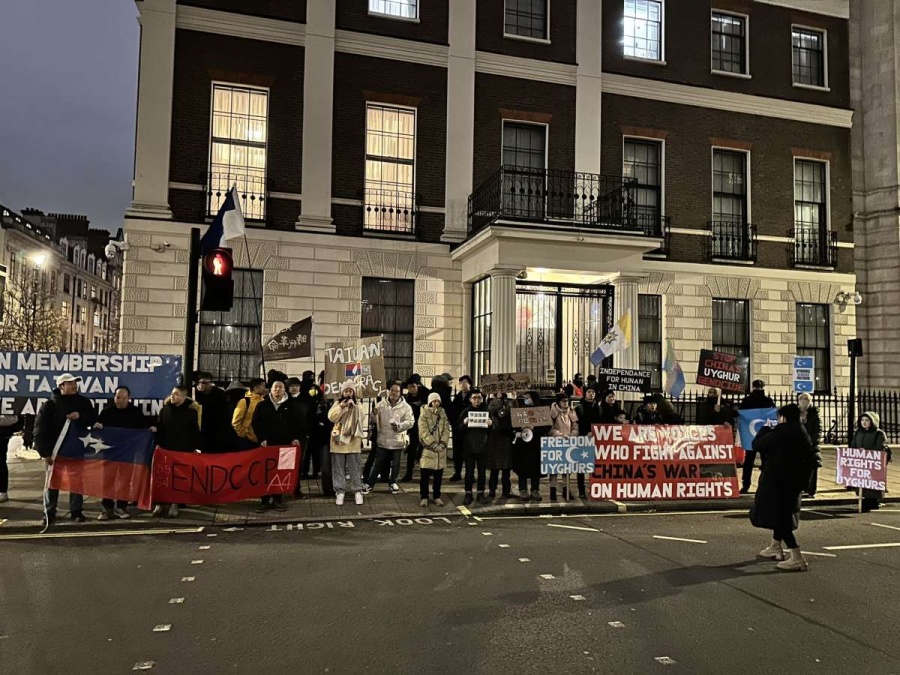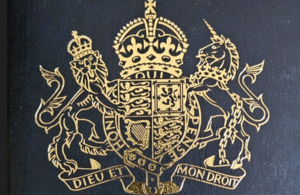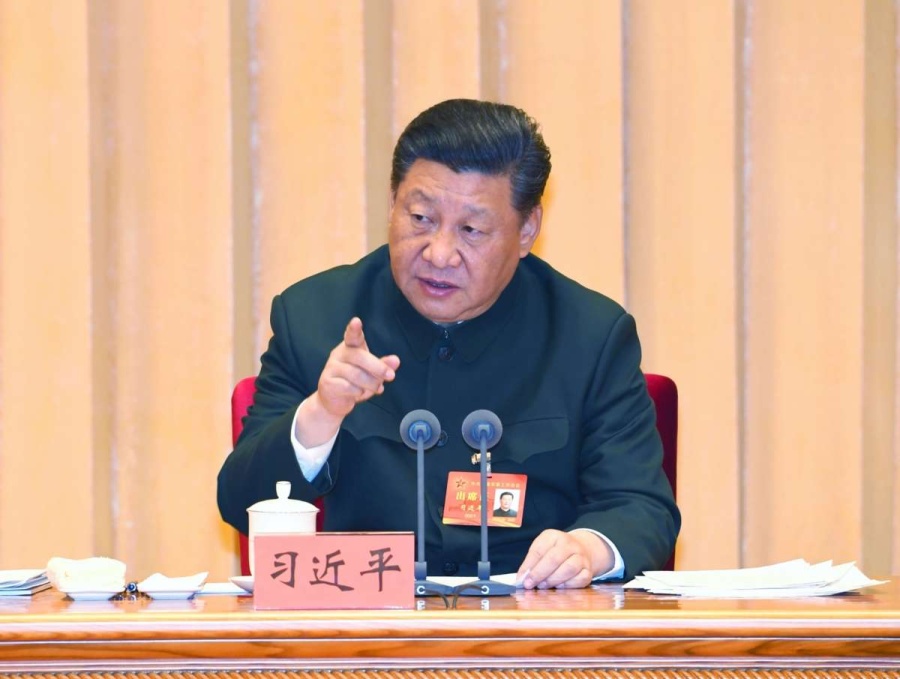In a bold move underscoring the growing tensions between China and democratic nations, Tower Hamlets Council has unanimously blocked plans for a sprawling 700,000-square-foot Chinese “super-embassy” near the iconic Tower of London. This decision reflects escalating concerns over China’s global strategies of infiltration, surveillance, and suppression of dissent. Adding weight to the controversy is the revelation involving Prince Andrew’s alleged entanglement with a Chinese spy known as H6, intensifying fears about Beijing’s covert operations within the UK. A special report by Kaliph Anaz
The Tower Hamlets Council has once again unanimously rejected China’s audacious plan to construct a massive 700,000-square-foot “super-embassy” near the historic Tower of London.
This rejection is more than a local planning dispute; it is a critical stand against the Chinese Communist Party’s systematic strategy of global infiltration, surveillance, and suppression of human rights. The proposed embassy site, a historic Royal Mint Court purchased by the Chinese government six years ago, represents far more than a diplomatic mission.
It is a potential beachhead for a sophisticated surveillance and intimidation apparatus designed to extend the long arm of Beijing’s oppressive regime into the heart of a democratic society. The local council’s decision, backed by robust community opposition and critical input from the Metropolitan Police, exposes the deeply troubling implications of China’s expansionist diplomatic strategy.
London’s rejection is rooted in profound security concerns that go beyond mere bureaucratic hesitation. The Metropolitan Police explicitly warned that the proposed embassy would require significant policing resources, potentially drawing officers away from frontline duties to manage the inevitable protests and security challenges. Authorities highlighted the practical challenges, noting that even small protests could obstruct roads and create substantial community disruption.
More insidiously, the proposed embassy represents a potential hub for transnational repression. Activists like Jason Chao from Hong Kongers in Britain have raised alarm about China’s well-documented history of using advanced surveillance technologies to monitor and intimidate critics. The embassy’s proximity to vulnerable communities including Tibetans, Uyghurs, Hong Kongers, and pro-democracy activists transforms it from a diplomatic facility into a potential instrument of psychological warfare and systematic harassment.
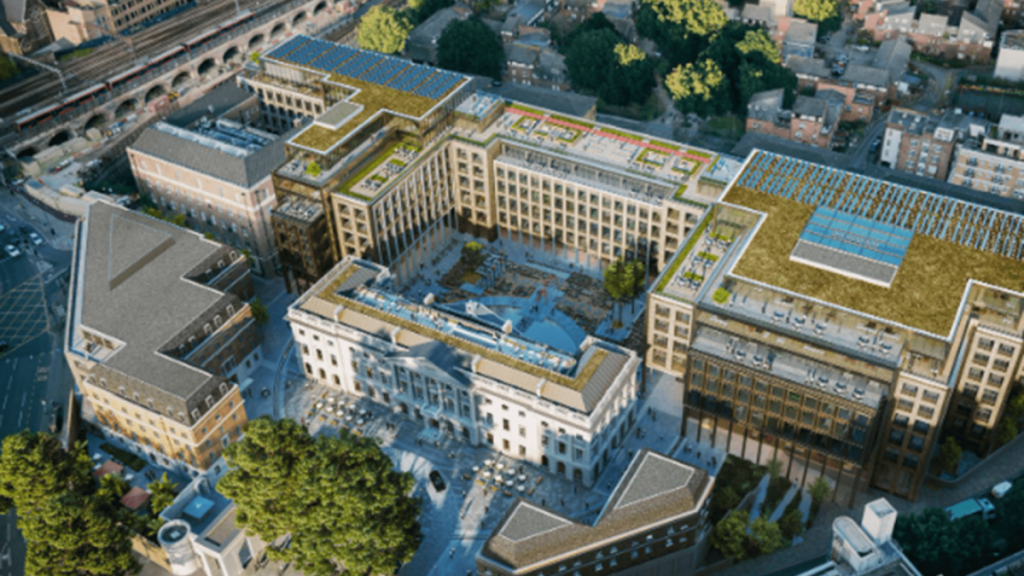
The scale of the proposed embassy almost twice the size of China’s Washington mission suggests ambitions far beyond standard diplomatic representation. It signals an aggressive strategy to create a fortified base for monitoring and potentially controlling diaspora communities. The stringent security measures even surrounding the embassy’s planning exhibition, which involved recording visitors’ identification details, provide a chilling preview of the surveillance regime China seeks to establish.
What makes this rejection particularly significant is the context of the UK’s evolving relationship with China. Under Prime Minister Keir Starmer’s Labour government, which has expressed interest in improving diplomatic and economic ties, the embassy proposal represents a critical test of Britain’s commitment to democratic values. The government’s decision to call for a national inquiry, with a hearing scheduled for February 2025, indicates the complexity of balancing diplomatic protocols with fundamental security concerns.
The Chinese government’s response reveals its characteristic blend of intimidation and diplomatic pressure. A spokesperson for the Chinese Embassy dramatically claimed that “host countries have an international duty to support and facilitate the construction of diplomatic mission premises,” implicitly threatening potential diplomatic retaliation. This statement betrays a fundamental misunderstanding or deliberate misrepresentation of diplomatic sovereignty and the right of democratic societies to protect their citizens.
International rights groups have been unequivocal in their opposition. Organisations like Free Tibet have characterized the proposed embassy as a “hub for China’s authoritarian agenda,” designed to target dissidents, monitor communities, and systematically undermine democratic values. The mounting opposition reflects a growing global awareness of China’s extraterritorial methods of political control and suppression.
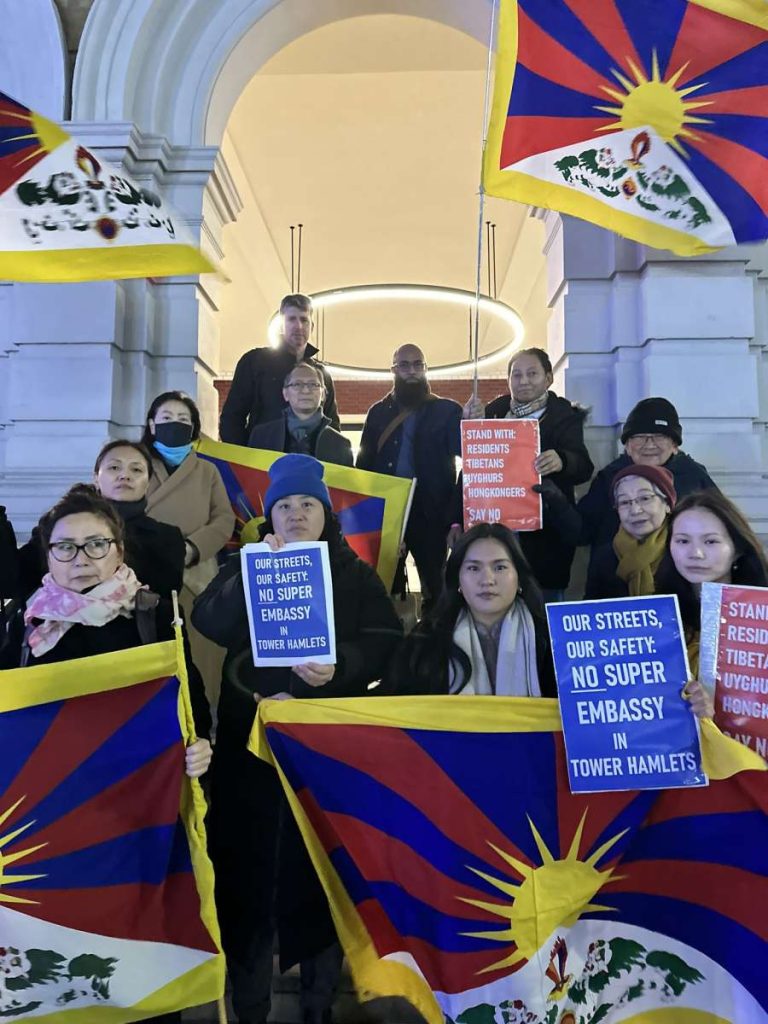
The embassy controversy illuminates the broader mechanisms of the Chinese state’s global strategy of control. By establishing these expansive diplomatic compounds, China creates infrastructure not just for diplomatic communication, but for comprehensive surveillance and potential intimidation of diaspora communities. This approach is consistent with the Chinese Communist Party’s domestic practices of total information control and suppression of dissent. Within China itself, such diplomatic missions are mirrored by an increasingly sophisticated domestic surveillance state. The technologies and methodologies developed to monitor and control Chinese citizens are then exported globally, presenting a model of technological authoritarianism that threatens the fundamental principles of privacy and individual freedom.
The London council’s rejection, therefore, represents more than a local planning decision. It is a symbolic resistance against a global system of technological authoritarianism that seeks to normalize invasive surveillance, suppress diverse voices, and extend political control beyond national boundaries. By standing firm against this proposal, Tower Hamlets Council has sent a powerful message about the importance of protecting democratic spaces and resisting the normalization of authoritarian practices. As the United Kingdom prepares for the national inquiry, the world watches.
The decision will not just determine the fate of a single embassy, but will signal the international community’s willingness to confront and resist the expanding reach of China’s surveillance state. The battle over this embassy is, ultimately, a battle for the fundamental values of privacy, freedom, and democratic integrity in an increasingly interconnected world. The Chinese government may view this as merely a diplomatic setback. But for those who understand the deeper implications, it represents a crucial line of defense against a systematic approach to global political control that threatens the very foundations of individual liberty and democratic discourse.
ALSO READ: UK has ‘unique opportunity’ to bolster Gulf relations, forum told
ALSO READ: UK to Play Greater Role in The Middle East Stability


